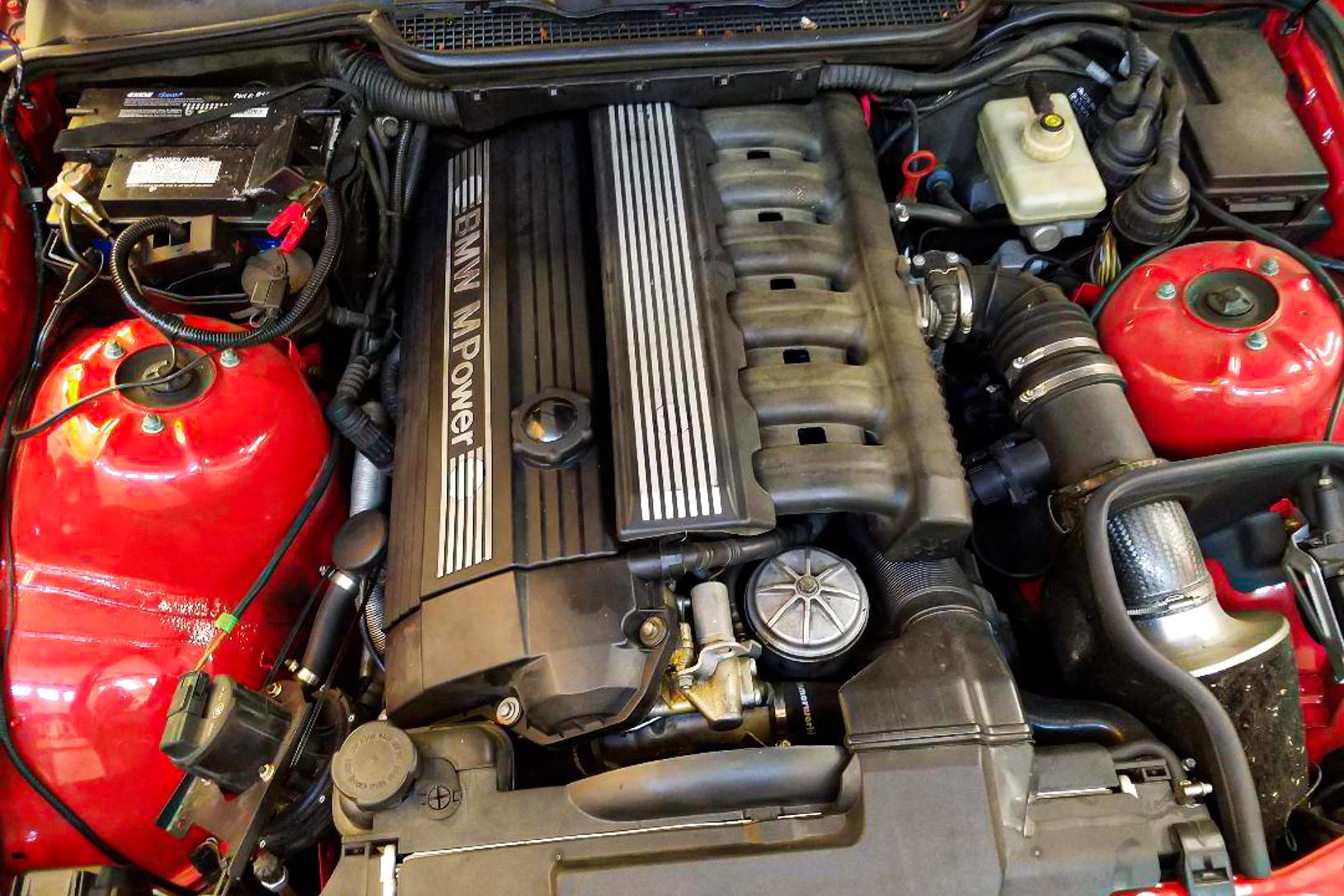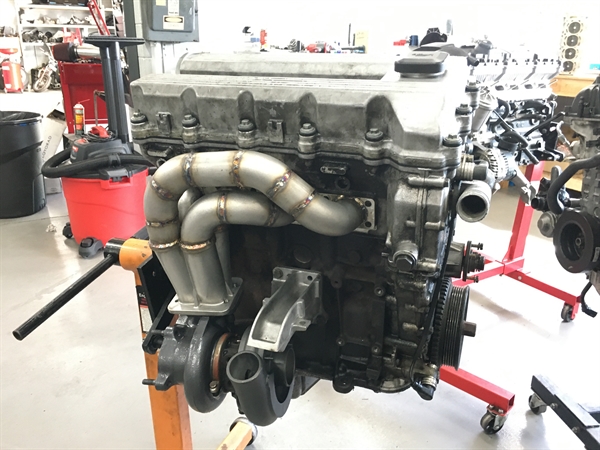Just how to Keep Your BMW 318ti Running Smoothly for many years
Just how to Keep Your BMW 318ti Running Smoothly for many years
Blog Article
Essential Considerations for Picking the Best Engine for Your Demands
In the world of choosing the suitable engine to meet your requirements, numerous essential elements demand meticulous factor to consider to make certain optimal performance and performance. From the nuanced equilibrium in between power and efficiency to the often-overlooked facets of maintenance and solution requirements, each aspect plays an essential function in determining the most suitable engine for your particular demands. As the complexity of engine innovations remains to progress, critical the most fitting option demands a deep understanding of the interaction between various factors to consider. By discovering the detailed web of aspects that underpin this decision-making process, a more clear course arises towards choosing an engine that not just fulfills yet surpasses your assumptions.
Power and Performance
When reviewing engines for ideal efficiency, it is critical to focus on both power result and efficiency. Performance refers to just how well the engine converts gas right into useful energy. By meticulously examining both power and effectiveness, you can select an engine that delivers optimum efficiency and fulfills your demands efficiently.
Gas Effectiveness and Economy
In the world of engine option, the factor to consider of fuel effectiveness and economic situation holds critical value. Gas efficiency refers to the engine's ability to convert fuel into energy with marginal waste, directly affecting operating expense and environmental sustainability. bmw 318ti. When selecting an engine, assessing its fuel economy is important to determine long-term savings and ecological influence. Engines with higher fuel effectiveness not just lower gas expenses but likewise reduce carbon exhausts, adding to a greener operation.

Compatibility and Application
Thinking about the gas efficiency and economy of an engine, the next important facet to address is its compatibility and application within particular functional contexts. Compatibility refers to just how well the engine integrates with the total system or tools it powers.
Various engines are made for specific objectives, whether it be industrial machinery, aquatic vessels, autos, or power generators. Recognizing the desired application allows for the option of an engine visite site that can supply the needed power outcome, torque, and functional characteristics.
Upkeep and Service Demands
Maintenance and solution demands play a crucial duty in making certain the longevity and optimal efficiency of an engine. Normal upkeep is necessary to avoid breakdowns, expand the life expectancy of the engine, and keep its efficiency. When choosing an engine, it is essential to take into consideration the supplier's advised upkeep schedule and the schedule of service centers or certified technicians.
Aspects such as the frequency of oil modifications, filter substitutes, and total evaluations can considerably affect the engine's efficiency. Some engines may need more frequent maintenance based on their style and use, while others might have longer periods between maintenance checks. It is crucial to abide by these solution needs to avoid pricey repairs and unexpected downtime.

Cost and Budget Factors To Consider
When choosing an engine for a particular application,Budget constraints typically play a substantial function in the decision-making process. When thinking about the cost and budget plan implications of selecting an engine, it is important to assess not just the preliminary acquisition rate however additionally the lasting expenditures connected with upkeep, fuel intake, and this post prospective upgrades or repair work. It is essential to strike an equilibrium in between the ahead of time expense of the engine and its general lifecycle expenses to ensure that the chosen engine remains financially sustainable throughout its functional lifespan.
Aspects such as gas effectiveness, integrity, and resilience can straight impact the total expense of ownership of an engine. While a much more costly engine may have higher ahead of time prices, it can possibly result why not try these out in reduced upkeep and fuel costs with time, hence providing much better worth over time. Furthermore, considering the schedule and price of extra components, along with the simplicity of upkeep and service, can help prevent unexpected monetary strain in the future. By meticulously examining these cost and spending plan considerations, you can make an enlightened choice that aligns with your operational needs and monetary restraints.
Conclusion

Gas performance refers to the engine's capability to convert fuel into power with marginal waste, directly affecting operating expenses and environmental sustainability.Variables influencing gas effectiveness include engine design, combustion performance, and total performance optimization. Additionally, choosing the proper fuel kind and quality as advised by the engine producer can better improve efficiency and prolong engine life-span.
Engines with great use functions and easily available parts can minimize maintenance prices and decrease the time the engine is out of operation - bmw 318ti. It is crucial to strike an equilibrium between the in advance price of the engine and its general lifecycle costs to make sure that the selected engine stays monetarily sustainable throughout its functional life-span
Report this page